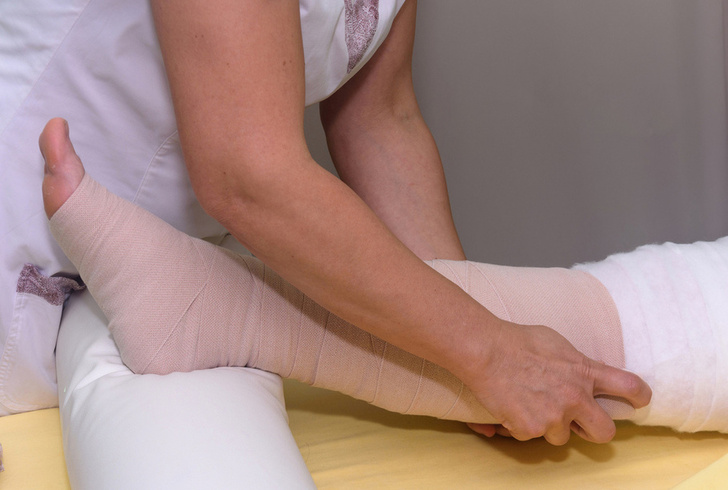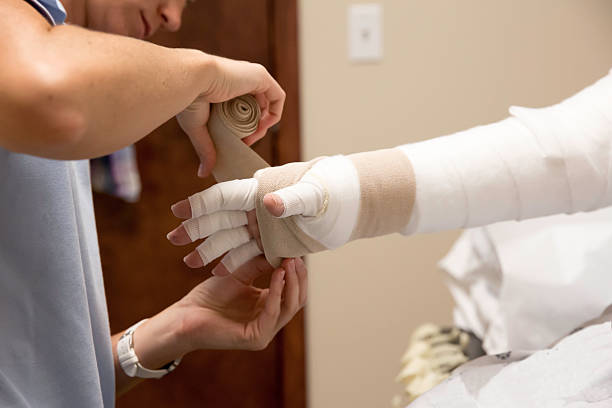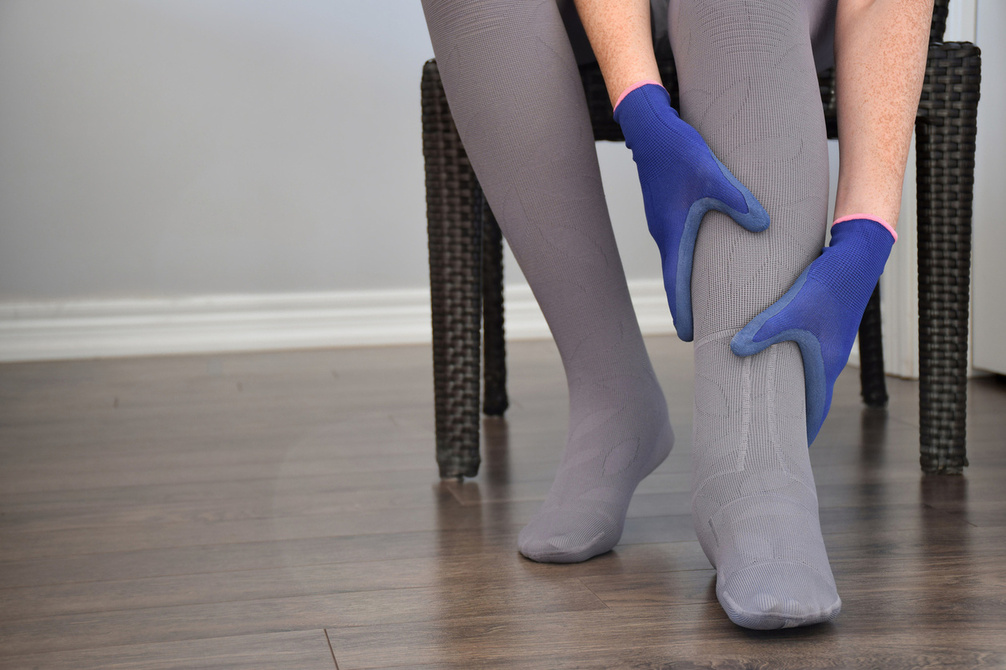Understanding the Lymphatic System
The Importance of the Lymphatic System
The lymphatic system is a vital part of your immune and circulatory systems. It consists of lymph vessels, nodes, and fluid that work together to:
- Remove cellular waste, toxins, and excess fluid
- Support immune function
- Maintain fluid balance in tissues
When this system becomes impaired, it can lead to swelling, inflammation, and compromised healing—often seen in individuals with lymphedema, following surgery, during pregnancy, postpartum, or due to chronic conditions.
Lymphedema & Lipedema Therapy
Lymphedema is a chronic condition where lymphatic fluid builds up, causing persistent swelling, tightness, discomfort, and even infections. It can impact mobility, body image, and emotional well-being. Early treatment is critical to prevent progression.
What Causes Lymphedema?
Primary Lymphedema: A result of underdeveloped or malformed lymph vessels, often present at birth or developing during adolescence or adulthood.
Secondary Lymphedema: Commonly caused by:
- Cancer treatments (surgery, radiation)
- Trauma or infection
- Chronic venous insufficiency
- May-Thurner Syndrome
- Obesity or immobility
Left untreated, it can lead to skin thickening, repeated infections (cellulitis), and fibrosis.
What Is Lipedema?
Lipedema is a chronic, progressive condition that causes abnormal accumulation of fat, typically in the hips, thighs, buttocks, and arms. It is often painful and resistant to diet and exercise, and unlike typical fat distribution, it can result in tenderness, easy bruising, and disproportionate swelling—often worsening with hormonal changes such as puberty, pregnancy, or menopause.
Many individuals with lipedema are misdiagnosed or misunderstood. It's essential to differentiate lipedema from obesity or lymphedema, although the conditions can coexist. This is often referred to as lipo-lymphedema in advanced stages.
How Complete Decongestive Therapy (CDT) Helps
Complete Decongestive Therapy (CDT) is the gold standard for treating lymphedema, lipedema and lymphatic dysfunction. Our occupational therapy–based approach combines this comprehensive, non-invasive treatment with personalized, lifestyle-focused care to promote long-term function, independence, and overall well-being.
Treatment Components
- Manual Lymphatic Drainage (MLD): A gentle, rhythmic massage that helps move lymph fluid to healthy pathways—reducing swelling, tightness, and discomfort. We use the Vodder technique, a well-established method recognized by the International Society of Lymphology as a core part of CDT. It supports natural detox, boosts immune function, and promotes healing.
- Compression: Use of multilayer bandaging or custom garments to prevent fluid re-accumulation, promote decongestion of lymph fluid and maintain reduced limb volume.
- Skincare: Essential to prevent infection, maintain skin integrity, and support overall lymphatic health.
- Customized Exercises: Gentle movements to promote lymphatic return and maintain function.
- Education & Home Management Plans: Empowering you with tools for long-term wellness and maintenance to prevent flare-ups and promote self-efficacy.


